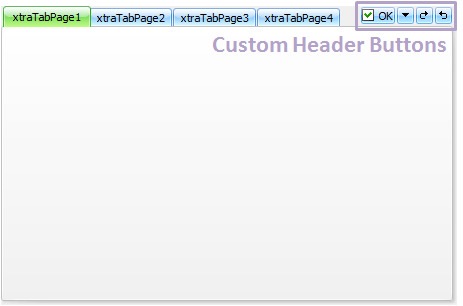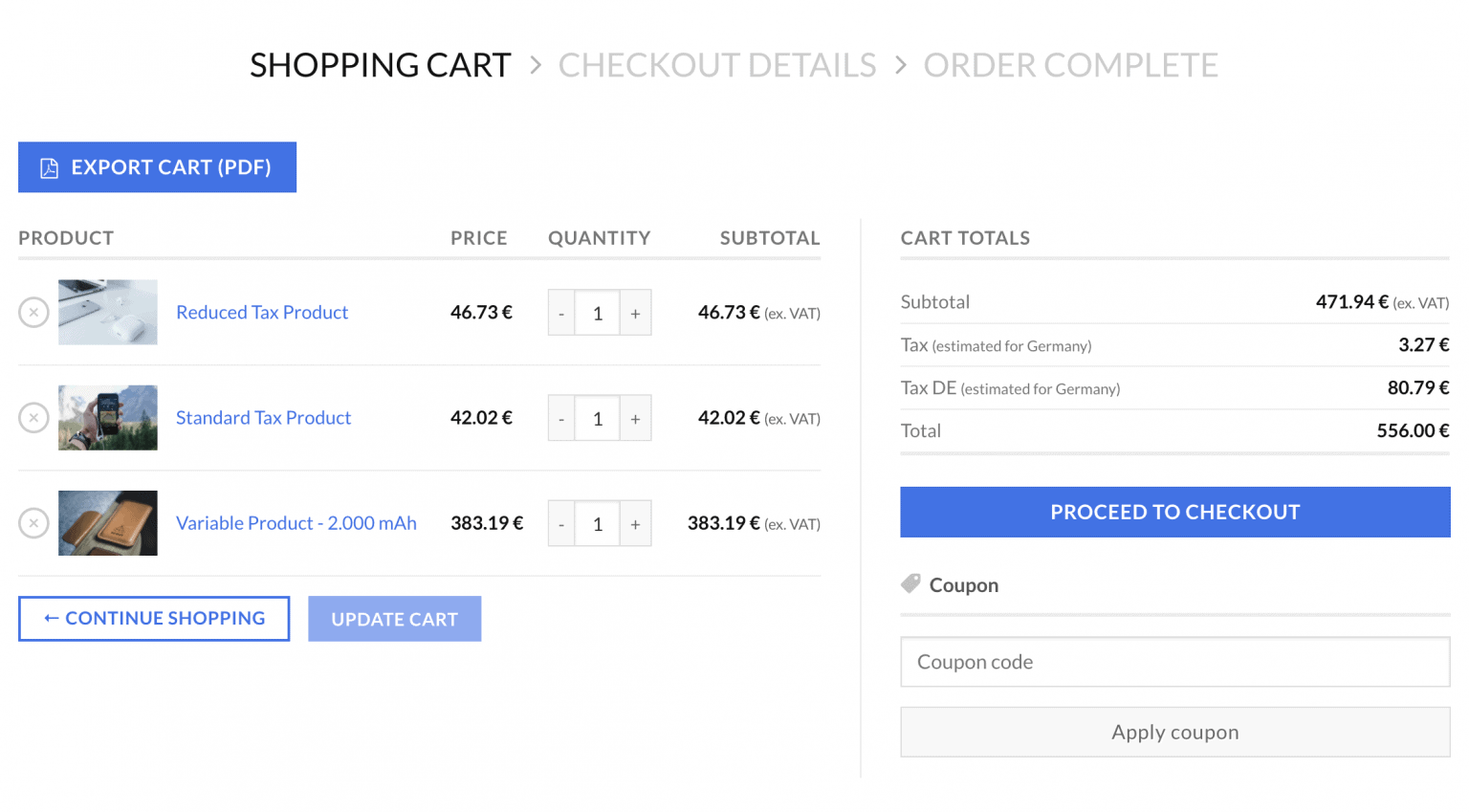

Whatever you set here as your folder can be accessed later in Mutt with just an equal sign (=) or a plus sign (+). You do not have to use a folder, but it might be convenient if you have all your other folders inside your INBOX, for example. Instead of a local directory which contains all your mail (and directories), use your server (and the highest folder in the hierarchy, if needed).
#Elinks set custom header password
Tip: If you have enabled two-factor authentication in Gmail and you have added an application specific password for Mutt, you will want to use that password here rather than your regular Gmail password. At the very least you need to have four lines in your muttrc file to be able to access your mail. The mutt package is compiled with IMAP support. Mutt has a lot of predefined variables, but you can also set your own. Also note the use of the backquotes, as bash syntax $(.) does not work.

Here the $ gets escaped so that it does not get substituted by Mutt before being passed to the shell. You can use variables and assign the result of shell commands to them. For example, you can get the content of another configuration file:


Its syntax is very close to the Bourne Shell. You should also know some prerequisite for Mutt configuration. In case you decide to put the initialization file somewhere else, use $ mutt -F /path/to/.muttrc. Mutt will, by default, search six locations for its configuration file ~/.muttrc, ~/.mutt/muttrc, and $XDG_CONFIG_HOME/mutt/muttrc, first with -MUTT_VERSION appended, then without. This section covers #IMAP, #POP3, #Maildir and #SMTP configuration. NeoMutt can be installed with the neomutt package or alternatively from the AUR at neomutt-git AUR for the development version. While there are many different packages of Mutt in the AUR, each of them providing another set of patches, NeoMutt aims to replace them in the future by implementing appropriate compile options. Lots of old Mutt patches have been brought up-to-date, tidied and documented. The NeoMutt project aims to bring together all the patches for Mutt. Notes: Is it a drop-in replacement for Mutt? Do all configurations on this page apply to it as well? (Discuss in Talk:Mutt#Neomutt) Or (if using POP3) getmail AUR, mpop, fetchmail or fdm and procmail AUR.
#Elinks set custom header install
Optionally install external helper applications for an IMAP setup, such as isync or OfflineIMAP. Alternatively consider using the #NeoMutt package. This article covers using both native IMAP sending and retrieval, and a setup depending on OfflineIMAP or getmail (POP3) to retrieve mail, procmail to filter it in the case of POP3, and msmtp to send it. Nevertheless, the Arch Linux mutt package is compiled with IMAP, POP3 and SMTP support, removing the necessity for external applications. Later implementations (added for retrieval, sending, and filtering mail) are simplistic compared to other mail applications and, as such, users may wish to use external applications to extend Mutt's capabilities. Mutt focuses primarily on being a Mail User Agent (MUA), and was originally written to view mail. Though over two decades old, Mutt remains the mail client of choice for a great number of power users. Mutt is a text-based mail client renowned for its powerful features.


 0 kommentar(er)
0 kommentar(er)
